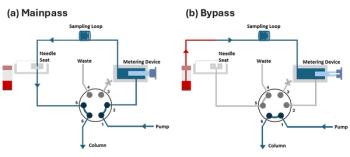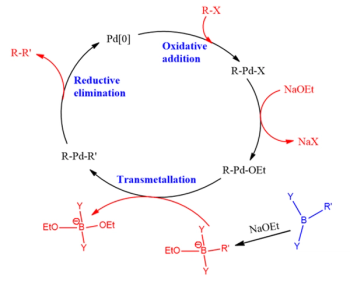
E-Separation Solutions
- E-Separation Solutions-04-25-2007
- Volume 0
- Issue 0
Ask the Editor: Applications for Evaporative Light Scattering Detection
Evaporative light scattering detection (ELSD) is considered by many to be a universal detection method for HPLC because its response does not depend on the analyte containing a chromophoric moiety.
A reader recently asked:
What are suitable applications for evaporative light scattering detection?
In ELSD, the column effluent is nebulized, the mobile phase is evaporated in a heated drift tube, and the analytes are passed through a flow cell for exposure to a light beam. The light scattered by the analyte particles is detected by a photomultiplier or photodiode and thereby generates an electrical signal. To achieve the best response, the mobile phase and mobile phase modifiers must be volatile.
Salt buffers are nonvolatile and consequently are not compatible with ELSD. Converting HPLC methods that use nonvolatile mobile phase components for use with ELSD can be a challenging task. ELSD is a good detection choice for analytes lacking a UV chromophore, such as carbohydrates, lipids, surfactants, and fatty acids.
Questions?LCGC technical editor Steve Brown will answer your technical questions. Each month, one question will be selected to appear in this space, so we welcome your submissions. Please send all questions to the attention of "Ask the Editor" at
Articles in this issue
almost 19 years ago
Technology Forum: LC-MSalmost 19 years ago
Chiral HPLC ColumnsNewsletter
Join the global community of analytical scientists who trust LCGC for insights on the latest techniques, trends, and expert solutions in chromatography.




